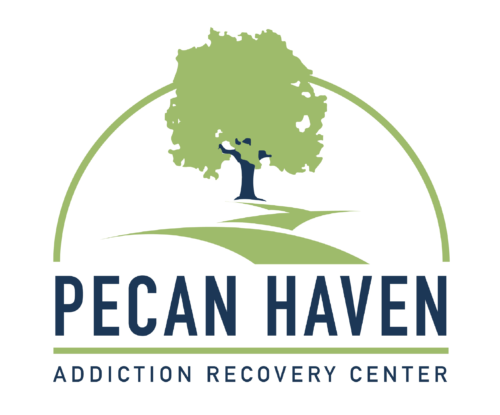By nature, humans are social creatures. We need one another, and we need our communities.
Unfortunately, the way we show up in, and react to, our personal relationships is often a direct reflection of the relationships we had during our formative years. Relationships might not come as easily to people who experienced childhood trauma.
Additionally, about two-thirds of people who struggle with addiction reportedly have experienced some form of childhood abuse or trauma.
All of these factors combined can make it challenging to form positive, healthy relationships for people who are struggling with addiction, or who are in recovery from addiction.
Relationships and recovery
In twelve-step meetings, it’s frequently advised that people who are new to recovery avoid romantic relationships for at least a year after their clean date.
This is because people who are brand-new to recovery might be extra-vulnerable and still in the process of figuring out how to live a healthy life– and therefore might not be in the best place to develop a healthy relationship with another person.
However, it’s impossible (and very inadvisable) to avoid other kinds of relationships. We always need our families, friends, and communities, but during recovery, these support systems become particularly important.
About relationships during recovery
Addiction often has a negative impact on our interpersonal relationships. It’s pretty difficult to maintain great relationships with the people in your life when your main focus is seeking out, and using, your substance of choice.
In fact, our relationships very often take a backseat to our substance use during active addiction. As a result, when we seek recovery, our relationships may still be in a rocky place.
Making amends
It’s important to understand that getting sober doesn’t instantly fix your life or relationships. If you’ve harmed people close to you, they are not obligated to forgive you or even maintain a relationship with you if they don’t wish to.
The Al-Anon program exists as a support group for the people who have been affected by loved ones’ substance abuse, and it might be beneficial for some of the people in your life to seek out this support system.
While making amends to the people we have harmed is the ninth step in twelve-step programs, understand that making amends right away when you’re brand new to recovery is often not as productive as we might hope.
Our lives and behaviors have to demonstrably change in order to truly make it up to the people we may have harmed.
How can I start building healthy relationships in recovery?
The best and most important tool you can utilize while building or rebuilding your personal relationships is self-awareness.
Seeking therapy in addition to twelve-step programs and other addiction recovery services is definitely a good idea; if you have access to therapy, we encourage you to try it out!
Self-awareness is tricky, especially if acknowledging real truths about yourself is something that triggered substance use in the past. However, it’s very attainable!
We’d recommend keeping a journal. Although it may seem silly to you, journaling is a very helpful tool for self-reflection. It can also help you process interpersonal relationships and events in your life; simply putting things into words can help you view them from a different angle and provide some useful perspective.
Another useful tool: learning to “act” versus “react”. Reacting to a situation is instinctive and happens right away; you might be immediately angry when you get into a disagreement and raise your voice or slam the door.
It can be a major benefit in your relationships to learn how to suspend that reactivity and, instead, act with more purpose and objectivity about the situation. It’s okay if this means requesting some time to yourself, away from the other person, to process and prepare you to handle it with more grace and respect for yourself and others.
Seek professional help
If your personal relationships are suffering because of your issues with addiction or substance abuse, it might be time to seek treatment.
At Pecan Haven, we’re here to help you get your life back on track– for your benefit, and for the benefit of your friends, family, and community.
Just give us a call today or fill out our online assessment to get started.
